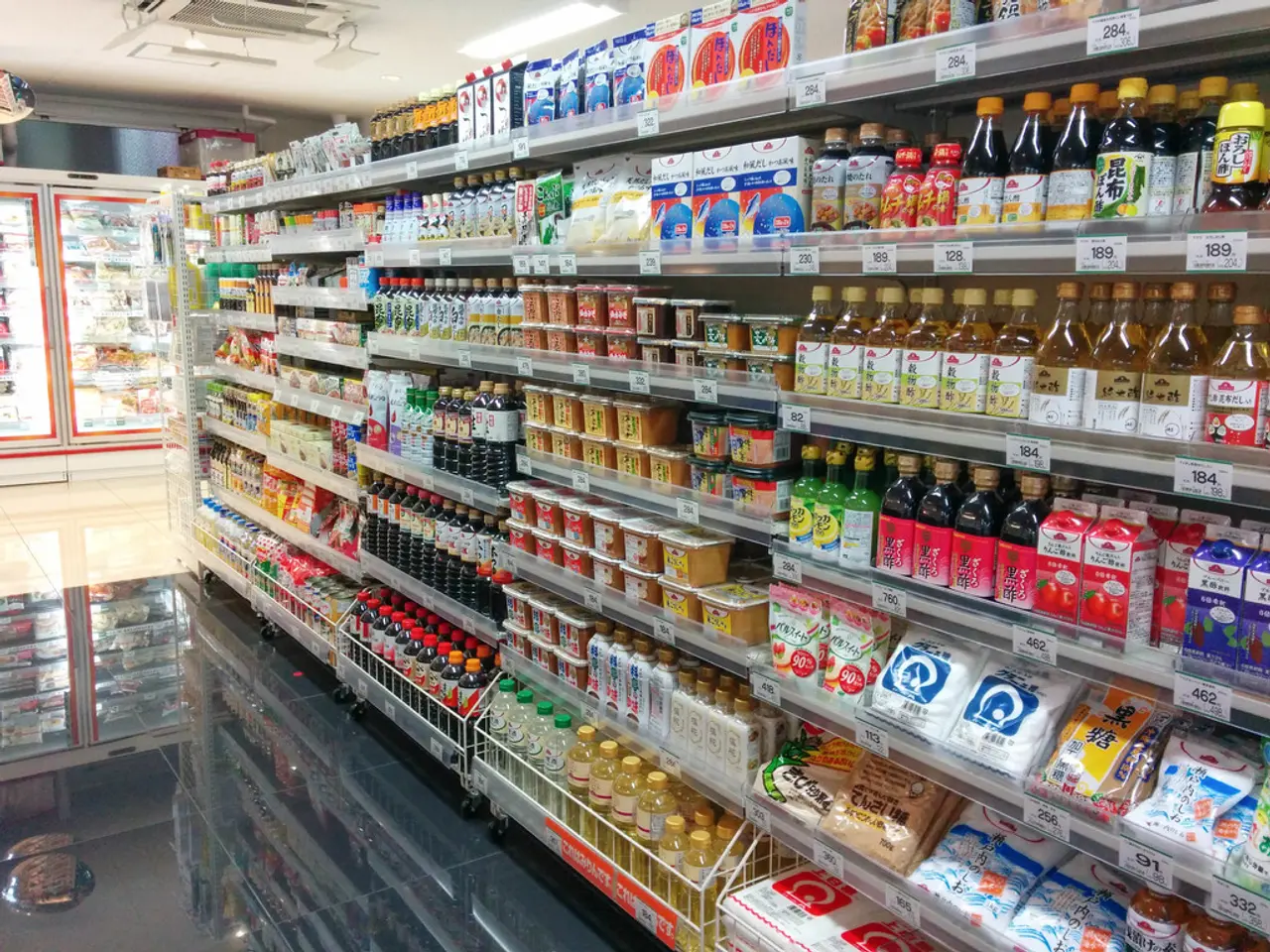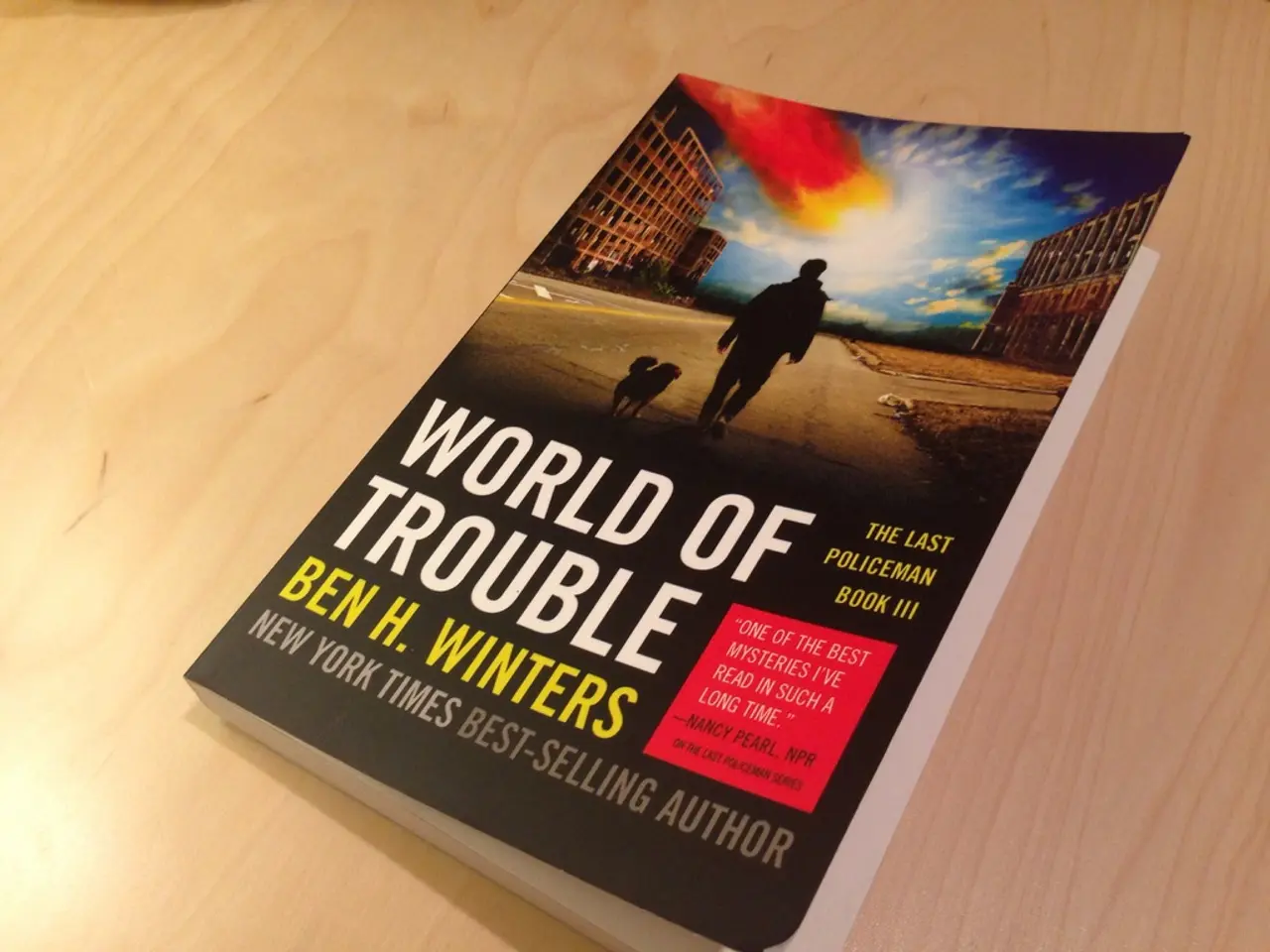Addressing food waste throughout the entire supply chain
In an effort to combat the staggering issue of food waste, the SPD and FDP in North Rhine-Westphalia, Germany, have proposed a joint motion advocating for consumer education and incentives for retailers to handle products appropriately after the Best Before Date (BBD).
According to the Food and Agriculture Organization (FAO), global food waste results in costs of around one trillion US dollars each year, with environmental costs of around 700 billion euros. In Germany alone, approximately 11 million tons of food are wasted annually, with 59% of it discarded by consumers.
Sonja Bongers, the chairwoman of the SPD city council fraction and a member of the North Rhine-Westphalia state parliament, has been instrumental in pushing for this motion. The motion aims to address the issue by promoting better consumer education, encouraging food recovery programs, and implementing policy changes to reduce food waste.
One of the key strategies is to educate consumers about the BBD, which should not be misunderstood as the date of consumption unsuitability. Consumers are encouraged to plan meals, store food properly, avoid overbuying, and use creative cooking techniques to utilise leftovers.
In addition, the motion calls for retailers to offer unconventionally shaped produce and reduce packaging waste. The start-up Apeel Science, for instance, seals fruits and vegetables with a liquid layer to extend their shelf life and eliminate the need for plastic packaging.
Another start-up, Too Good To Go, provides a platform for restaurants and retailers to sell their still edible products at discounted prices via an app, aiming to reduce food waste. The Dutch start-up "OneThird" uses a near-infrared scanner to provide information about the ripeness and shelf life of fruits and vegetables.
Quality requirements and returns from producers and manufacturers should also be reviewed to potentially take regulatory action. The United Nations aims to halve global food waste per capita at the retail and consumer levels by 2030, and these initiatives are a step in that direction.
Each consumer in Germany disposes of about 78 kilograms of food per year. By implementing these strategies, it is hoped that the impact of food waste on the environment and the economy can be significantly reduced. For specific details on the SPD and FDP joint motion, it would be necessary to consult official documents or contact local government offices in North Rhine-Westphalia.
- The proposal by the SPD and FDP in North Rhine-Westphalia aims to address food waste through policy changes, consumer education, and encouraging food recovery programs.
- The Food and Agriculture Organization reports that global food waste costs around one trillion US dollars annually, with environmental costs of around 700 billion euros.
- In addition to promoting consumer education, the motion encourages retailers to offer unconventional produce and reduce packaging waste, like what start-up Apeel Science does by sealing fruits and vegetables with a liquid layer.
- The UN aims to cut food waste by 50% per capita at retail and consumer levels by 2030, and the initiatives proposed by the SPD and FDP are a step towards achieving this goal.







